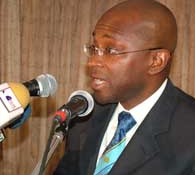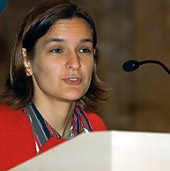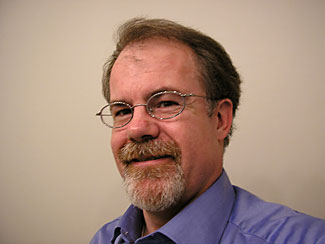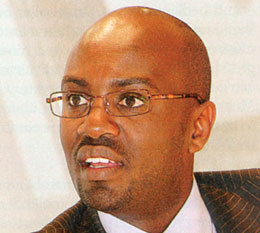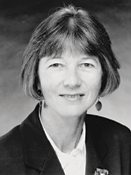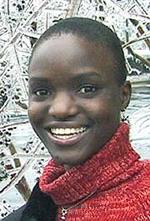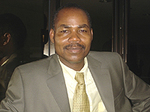The best and worst in aid from the past year is…what our readers say it is
Dear Aid Watchers, A year ago this month we launched this blog as one small contribution to the effort to make aid more accountable. Our ambition: to add to the growing chorus of voices demanding that our development assistance money be spent according to what we know about best practices in aid so that it might actually reach the poor. And to provide a forum for aid professionals, academics, students, and citizens to talk openly and frankly about what is working and what isn’t.
With our first birthday around the corner, now is a good time to declare from our lofty academic perch what was the best and worst in aid over the past year. And we proclaim that it was…well, we’re waiting to hear that from you. With this post, we declare our totally unscientific, user-driven, open-ended, end-of-year competition for the best and worst in aid open to your submissions.
You tell us: what was the best thing to happen to aid in the last year? Was it an idea that will someday revolutionize how medicines are delivered? A randomized trial that finally allowed us to generalize to what works? A brilliant article, or a piece of legislation, or a new technology? A change in practitioner behavior? Share with us your account of an aid success story. Of course, being Aid Watch, we also want to hear the worst: in any of the above categories, or others you can dream up, we want to hear about the horror stories, the delays, the waste, the opportunities squandered, the outright theft, and the pointless failures.
Lest this contest be seen as a veiled opportunity for more snark, or to promote or refute certain narrow positions, we plan to take as seriously as possible the “Best of” part of the competition. For those of you who think Aid Watch can be too dismissive of aid’s real accomplishments, here’s your chance to convince us how much good work was achieved in aid this year. Go ahead and make the case for your favorite NGO, a great project, an overlooked innovation—we’re ready to be persuaded.
A few more points to guide your submissions:
1) Even if you want to remain anonymous on the blog, you still have to reveal yourselves to us. We will protect your anonymity to the public (or to your boss) but we need to know who you are so that we can, to the degree possible, independently verify your submission. Note also that anonymity is fine as long as it doesn’t make your submission so generic that it loses all interest (“In an aid agency we can’t name, working in a country we can’t mention, on a project that we’ll call….” Snooze.)
2) No submitting Aid Watch. We’re disqualifying ourselves from the running to make it clear that we’re not asking anyone to nominate us for the best thing to happen to aid last year (or then again is it to ensure you don’t say we’re the worst….?)
3) We will of course need you to provide evidence to back up your nomination, in whatever form you believe will be most convincing, be it an RCT, a case study, or a well-documented anecdote. In this initial submission, though, it’s okay to send in a short description and simply identify what evidence you have at your disposal. You may be contacted and asked for more details later.
4) Email your submissions to aidwatch@nyu.edu. The submissions will be reviewed, corroborating evidence requested, and the results announced at our annual conference (more details on that to come). Criteria for selection will include general interest to the aid community, and the strength of evidence and documentation provided.
5) A final note: we mean this to be a serious contest but we would not be true to ourselves if we did not allow some entertainment value to creep in…
May the best (and worst) win!
 From Aid to Equality
From Aid to Equality

